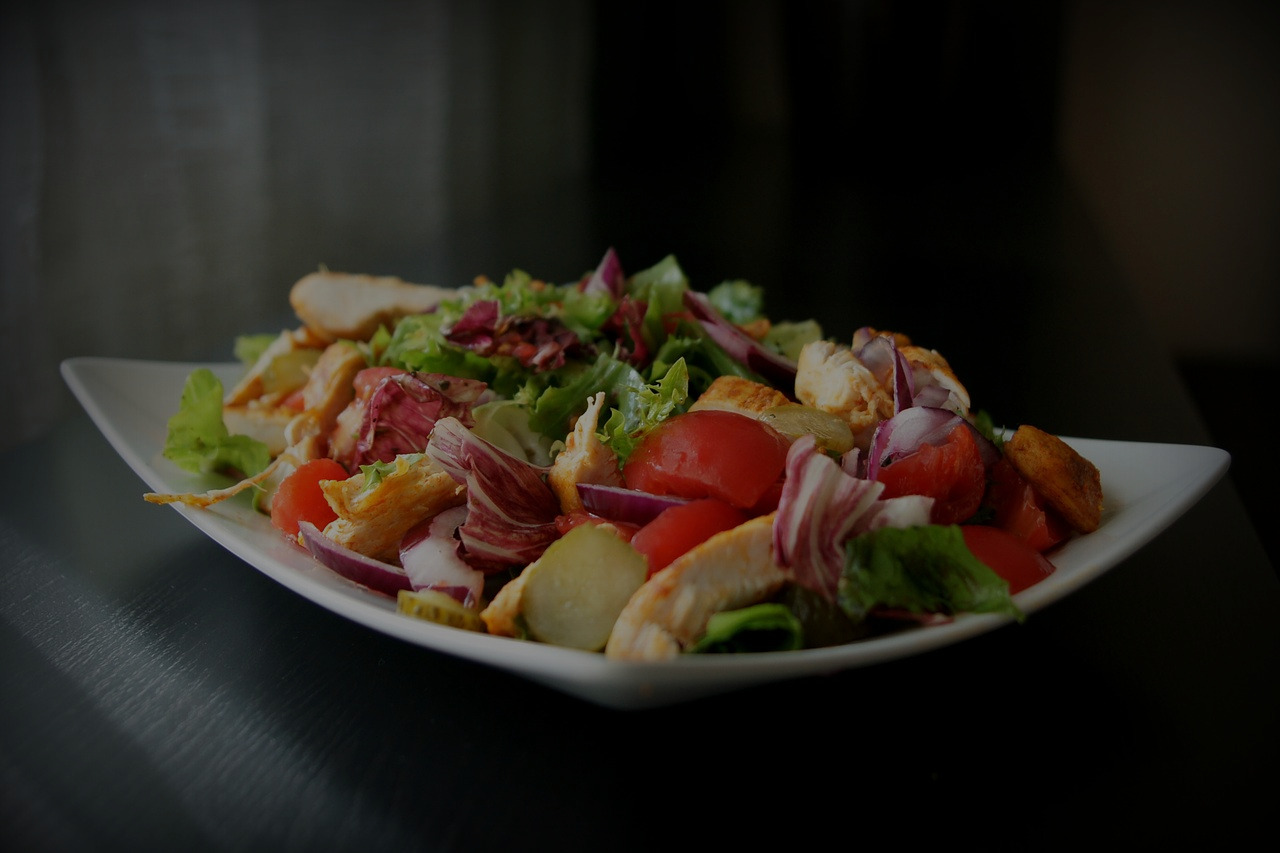Those who suffer from celiac disease must follow a gluten-free diet for their health. Wheat, barley, and rye contain a protein called gluten, which can set off an immunological response and lead to the development of celiac disease. Successful treatment of this illness requires a gluten-free diet.
Celiac Disease: A Better Understanding
Gluten causes slight intestine damage in people with celiac disease, a chronic disorder. The inability to absorb nutrients properly is the root cause of many other symptoms, including bloating, weakness, and skin difficulties.
The Importance of Gluten-Free Diets

Celiac illness can only be treated by adhering to a strict gluten-free diet. Bread, spaghetti, and many processed items are off limits on this diet. Celiacs avoid gluten in processed foods and look to whole foods for nourishment.
Non-Gluten Essentials
- Fruits and Vegetables: Fresh fruit is naturally gluten-free and provides the cornerstone of a balanced celiac-friendly diet.
- Grains: Choose rice, quinoa, and (certified gluten-free) oats.
- Proteins: Protein-rich foods include lean meats, poultry, fish, and lentils.
- Dairy: Even though most dairy products do not contain gluten, it is important to read labels in case they have been cross-contaminated.
Wrapping Up
A gluten-free diet is more than just a preference for those with celiac disease; it’s a need for maintaining health and energy. Individuals can not only control their disease but also thrive by adopting naturally gluten-free foods and carefully checking labels. The benefits to your health and happiness from adopting a gluten-free lifestyle far outweigh any difficulties you may encounter along the way.

